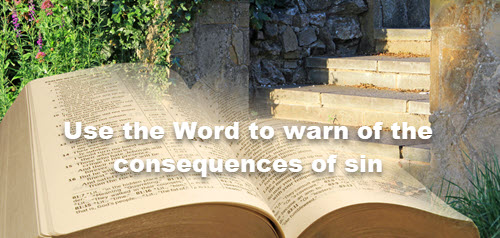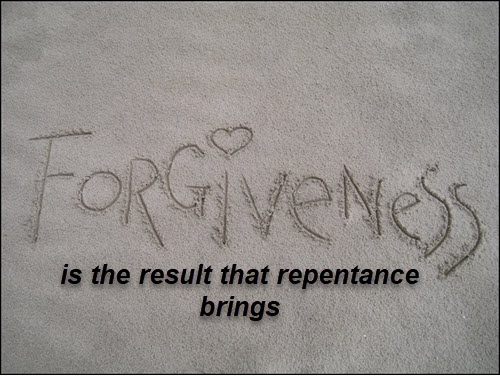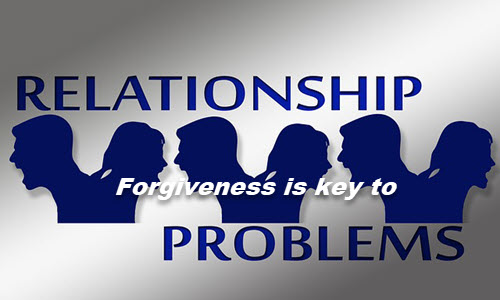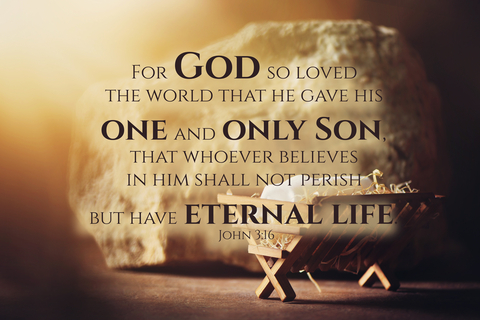As we close out Genesis, we come to these three chapters which might be called, God’s Diary for in it we find how God operates through human history.
God blesses those who obey and honor Him. He brings “home” those of his servants to enjoy the afterlife. And lastly, maybe one of the most important lesson and take away for us is the trait of forgiveness.
As we have said, God never wastes a trial but uses it to show His faithfulness and his lovingkindness. We see that in the life of Joseph and even though it was years and years, God used them to grow Joseph to be the man of God He could use to bring about His plans for his people. In the meantime, Jacob has to learn from his sins, which were many, to prepare his sons for the next stage in their lives. God opens the windows of heaven and pours out his blessings on Jacob after he has lived in the cauldron of affliction and sin. He is now humble and ready to see God’s plan unfold in steps in the restoration of his family in a very agonizing and challenging time. God restores Joseph to Jacob so that he and his children might be spared the death knell of famine.
Jacob has a family time and pronounces “blessings” upon each boy “what will happen to you in future days.” It seems strange to hear the words of Jacob because they don’t sound like blessings to us, but God will use each to show us Jacob may have had 12 sons but he knew the character of each. And after this time of reflection, Jacob blesses Joseph’s children, draws up his knees and dies.
But, the last lesson is what we want to focus on: forgiveness. Joseph has had many a year to process his life and what has happened to him but has come to terms with “God’s ways are not our ways.” [Is 55:8-9] As he welcomes his brothers and provides for them,he is astounded and deeply hurt when they announce they will give their lives to be his slaves. They have not learned the lesson of forgiveness as seen by Joseph’s tears. They really didn’t get it!
Which brings us to our own lives. Do we get it? Do we understand that verse in Isaiah?










